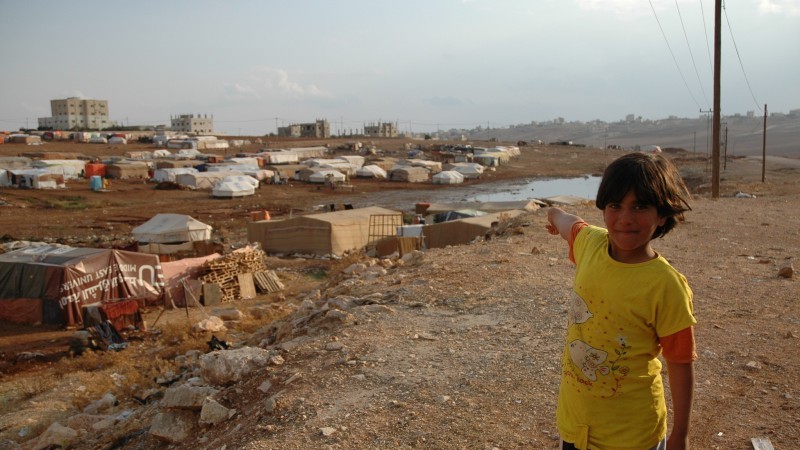The World Humanitarian Summit in Istanbul this week was the first of its kind, a pet project of Ban Ki-moon.
Its goal, laudably enough, was to find new ways of tackling increasingly complex crises like the conflict in Syria.
In many ways, it flopped. There was a dearth of political heavyweights, outcomes were woolly and key issues deferred, blogged Christina Bennett of the Overseas Development Institute.
Ban himself admitted: “It is a bit disappointing that some world leaders could not be here.” Germany’s Angela Merkel was an honourable exception.
The “Grand Bargain” official statement was long on vague formulations like “the aim is to aspire to achieve”; short on commitments. Journalists complained of being shut out of the action.
It didn’t bode well when key partner Medecins Sans Frontieres pulled out of the summit earlier this month, describing it as a “fig leaf of good intentions”.
So was it a waste of time? Perhaps not entirely. In fact, what MSF saw as a diluting of the humanitarian mission is arguably the most significant sign of progress.
Analysis: How games are preparing Ethiopian farmers for climate threats
The health charity decried the summit’s focus on “incorporation of humanitarian assistance into a broader development and resilience agenda”.
It is understandable, given 75 of its hospitals were bombed last year, that it saw reinforcing the rules of war as higher priority.
But many other aid, development and climate experts welcomed and championed a shift in emphasis towards prevention.
While war grabs the headlines, the UN estimates 90% of major disasters over the past 20 years were weather-related.
Those working on the front line increasingly see weather extremes, heightened by global warming, putting extra strain on conflict-riven communities.
“Rather than waiting for disasters to happen, we need to anticipate shocks and stresses, and build resilience especially among the most vulnerable,” said Maarten Van Aalst, director of the Red Cross Climate Centre.
“Many of these challenges cannot be addressed by the humanitarian community alone. We’ll be looking for follow-up in the climate world, including the next round of negotiations in Marrakesh.”
Comment: Climate-related impacts are biting – but who will pay the bill?
This agenda overlaps with the fraught issue of loss and damage in climate talks.
The 2015 Paris Agreement on climate change acknowledged that some people’s homes and livelihoods are threatened by unavoidable impacts of global warming.
Negotiators are still trying to figure out how handle those impacts, with rich countries rejecting calls for compensation to the victims.
“What we can learn from the World Humanitarian Summit is the importance of preparedness, which will reduce the need for loss and damage afterwards,” said Alison Doig, climate change adviser at Christian Aid.
That can mean early warning systems, insurance for the world’s poorest or adaptation to creeping shifts like desertification.
For Camilla Born of think tank E3G, it was a significant first step to start talking about resilience with those on the front line.
“The biggest thing for me is that they were talking about climate completely on a par with conflict, when it came to disasters,” she told Climate Home. “It really brought the climate and humanitarian worlds together.”
